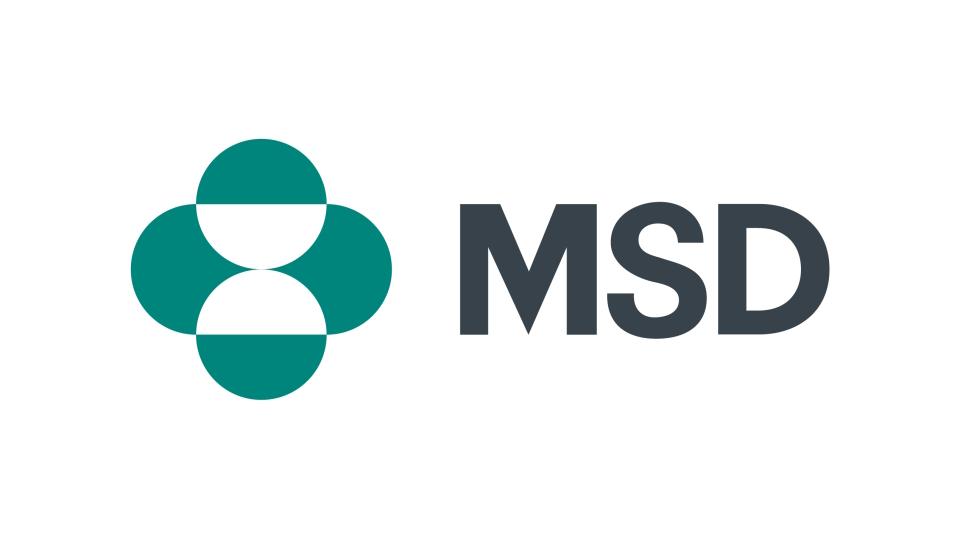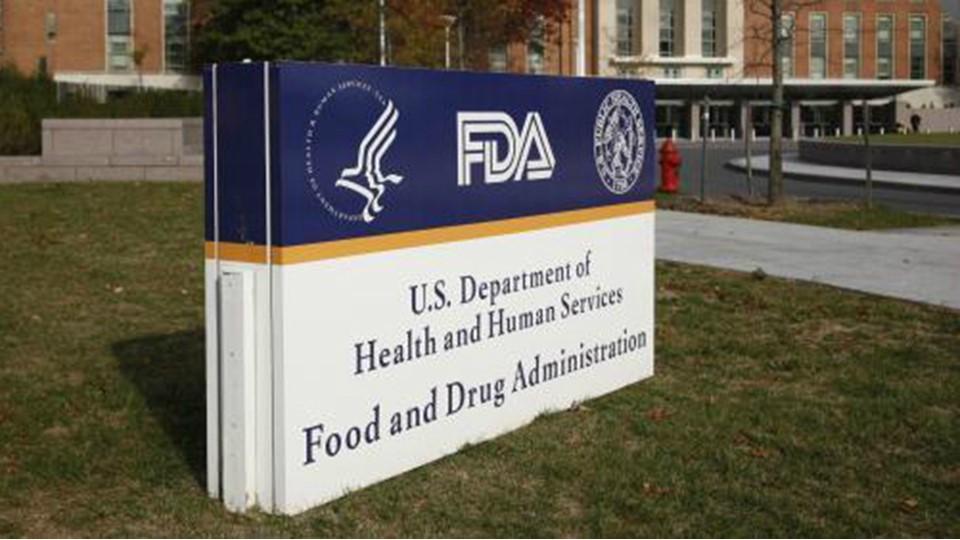FDA turns down MSD, Daiichi Sankyo HER3 ADC for lung cancer

The FDA has said it cannot approve MSD and Daiichi Sankyo’s HER3-targeted antibody-drug conjugate (ADC) patritumab deruxtecan because of problems at a third-party manufacturer.
A complete response letter (CRL) from the US regulator indicated that it had uncovered compliance issues during an inspection of the facility that meant it was unable to clear the ADC as a third-line or later treatment for adults with locally advanced or metastatic EGFR-mutated non-small-cell lung cancer (NSCLC).
In a statement, MSD – known as Merck & Co in the US and Canada – stressed that the CRL had not found “any issues with the efficacy or safety data submitted in the application.”
It is not clear how long a delay MSD and Daiichi Sankyo are facing as a result of the CRL, but there’s no question it comes as a blow, coming after MSD paid $4 billion upfront for rights to patritumab deruxtecan and two other ADCs just a few months ago. The total value of that deal could reach $22 billion.
The US pharma group has been bolstering its pipeline in anticipation of the hit to revenues that it will face when its $20 billion-a-year cancer immunotherapy Keytruda (pembrolizumab) starts to lose patent protection in 2028.
MSD and Daiichi Sankyo filed for approval of patritumab deruxtecan based on the 225-subject HERTHENA-Lung01 study, which showed an objective response rate (ORR) of 29.8% with the ADC, including one complete response and 66 partial responses. Patients in the study had previously been treated with EGFR-targeting drugs as well as platinum-based chemotherapy.
The median duration of response was 6.4 months, with a median progression-free survival (PFS) of 5.5 months and an overall survival of 11.9 months, all of which compare favourably with historical norms for this patient group. Salvage therapies after the failure of EGFR and chemo typically have a PFS rate of around three months.
“We will work closely with the FDA and the third-party manufacturer to address the feedback as quickly as possible in order to bring the first HER3-directed medicine to patients with previously-treated EGFR-mutated non-small cell lung cancer,” said Ken Takeshita, Daiichi Sankyo’s global head of R&D.
“We remain confident in the ability to develop this medicine to its full potential.”
While any CRL is a disappointment, in cases where there is an issue of manufacturing compliance the delay can be just a few months, so patritumab deruxtecan could still be approved in 2025.
HER3 is expressed in more than 80% of EGFR-mutant NSCLC, and overexpression is associated with poor outcomes. No HER3-targeted drugs have been approved to date, but there are dozens of candidates in clinical testing, so MSD and Daiichi Sankyo will be hoping to refile the ADC as soon as possible.
Other HER3 candidates in the industry pipeline include Roche/Genentech’s duligotuzumab, Merus’ zenocutuzumab, and Merrimack Pharma’s isitarumab – all bispecific antibodies – and antibodies from Elevation Oncology (seribantumab), Roche (lumretuzumab), and Novartis/MorphoSys (elgemtumab).












